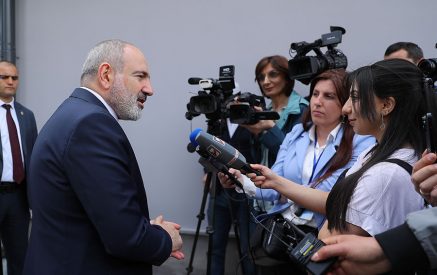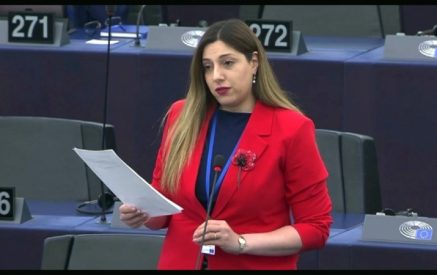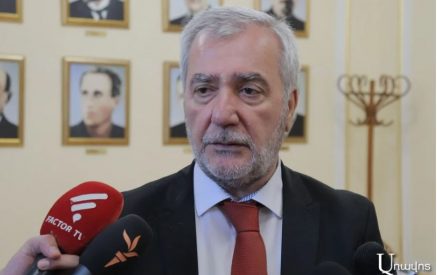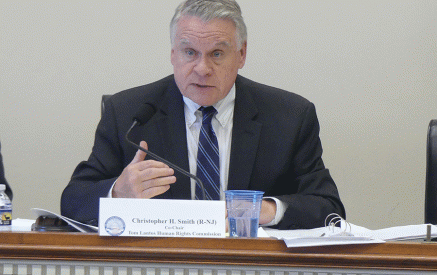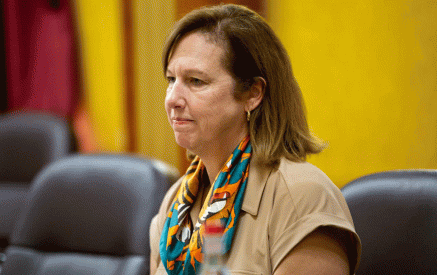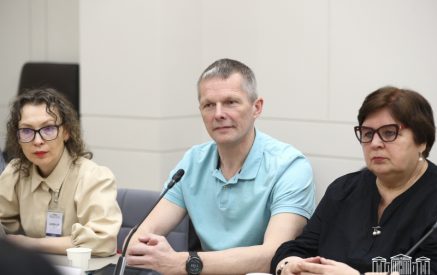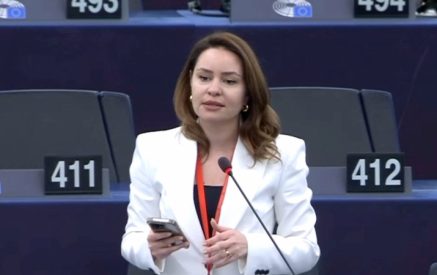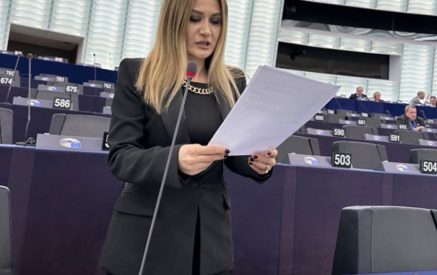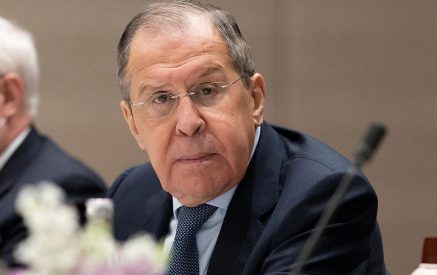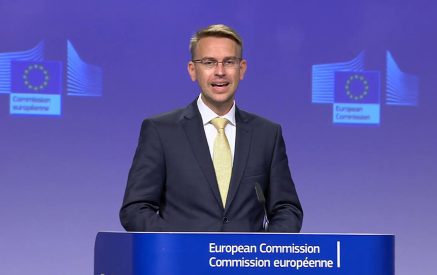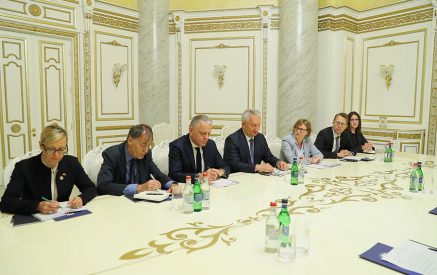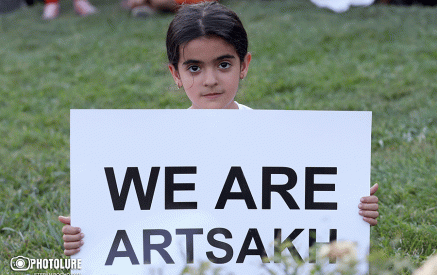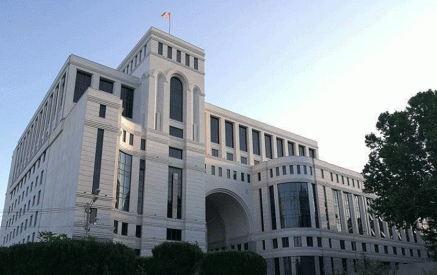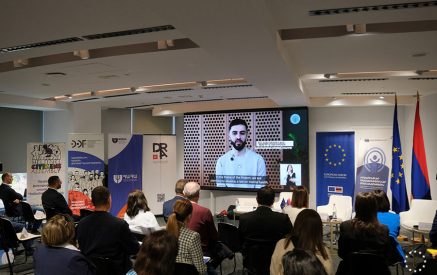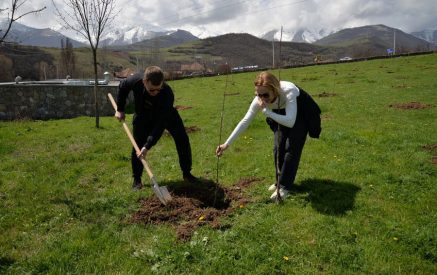The Group of States against Corruption of the Council of Europe (GRECO) has called on European governments, parliaments and judicial governing bodies to step up their efforts to create more effective preventive mechanisms against corruption.
In its annual report, published today, GRECO provides a review of its 49 member states action against corruption in 2016, and points out that countries too often over-rely on the repressive aspects of fighting corruption and underestimate the effectiveness of preventive mechanisms, which often do not exist or are too weak.
Secretary General Thorbjørn Jagland said: “Corruption is a major source of dissatisfaction and loss of trust in politics and democratic institutions. It is crucial that states have the right legislation and resources not only to investigate and punish corruption offences, but also to prevent them. There can be no tolerance for corruption, wherever it occurs.”
In the report, GRECO expresses concern about the slowing down in the implementation of its recommendations concerning the transparency of political party funding and the prevention of corruption in respect of parliamentarians, judges and prosecutors.
GRECO’s Chair, Marin Mrčela, said: “Many countries are facing difficulties to comply with GRECO recommendations. This is partly due to the complexity of the issues evaluated and to the need for strong political consensus to implement many recommendations. Political leaders should show unwavering political will and lead by example to combat corruption and create a culture of integrity.”
By the end of 2016, states evaluated on the criminalisation of corruption and the transparency of political funding had not yet fully complied with almost one third of GRECO´s recommendations (25% remained partly implemented and 7% not implemented).
States today comply with the most important recommendations on the criminalisation of corruption, although technical improvements are still required in particular concerning offences such as trading in influence and bribery in the private sector.
GRECO’s initial evaluation of transparency of political funding revealed substantial flaws in all parts of Europe. Many shortcomings were related to public access to party accounts, the independence of the body overseeing political accounts and inadequate sanctioning systems. Legislation to correct these flaws has been introduced, but many countries have not yet complied with a significant number of recommendations.
As regards recommendations on the prevention of corruption in respect of MPs, judges and prosecutors, by the end of 2016, GRECO had only evaluated the level of compliance of 20 states. 78% of GRECO recommendations had not been fully complied with. 46% of those recommendations had been partly implemented and 32% not implemented. The report notably stresses the need to improve the way conflicts of interest, lobbying and the systems for the declaration of assets are dealt with.
The report welcomes that codes of ethics for parliamentarians have been introduced in many countries, although their monitoring and enforcement mechanisms need to be strengthened. With regard to some states, GRECO expresses concern about the independence of the judiciary and the participation of magistrates in political life, and underlines the need for codes of ethics for these professionals.


















